Need help? Call us:
- Questions? Call us toll-free +1-800-520-5726
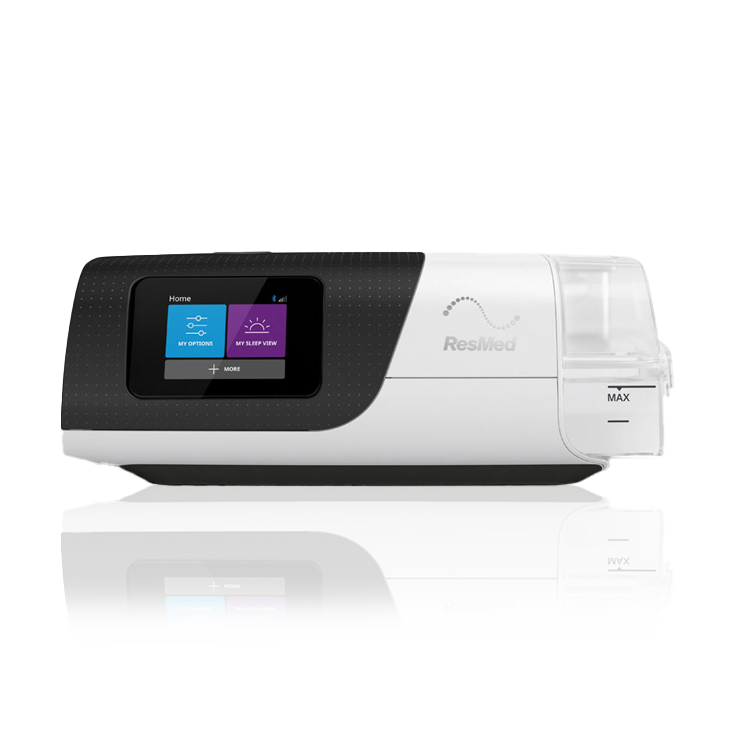
CPAP Masks Finder
Discover your perfect mask fit
- Portable Oxygen
- Home Oxygen
- Oxygen Accessories
- CPAP Machines
- CPAP Supplies
- CPAP Masks
- Mobility
- Bathroom Safety
- Pediatrics
- New Arrivals
5 Things Every Oxygen Patient Needs to Travel With a Portable Oxygen Concentrator
5 Things Every Oxygen Patient Needs to Travel With a Portable Oxygen Concentrator
It is a known fact that portable oxygen concentrators (POCs) improve the lives of oxygen therapy patients. They enable these patients to have active lifestyles that include activities such as gardening, fishing, golfing, and hunting.
Portable oxygen concentrators also open the door for traveling. An activity previously made difficult or impossible due to the need for liquid oxygen bottles or tanks, POCs allow patients to travel to visit family and friends without worrying if they are going to run out of oxygen.
{{cta(‘155910633031’)}}
For the patient who is planning on traveling, there are five things that they will need for a successful journey. These are:
- Doctor’s prescription
- Adequate battery life
- Clearance to travel
- Contact information for the patient’s oxygen provider
- A great attitude!
1. Doctor’s Prescription
Patients need to keep a copy of their prescription with them while traveling. Airlines, bus lines, cruise lines, and AMTRAK all require that oxygen patients have a copy of their prescription.
2. Adequate Battery Life
Having enough battery life is a major deal when traveling. The FAA requires oxygen patients using a concentrator during their flight to have 150 percent of their flight time in battery life. So for example, if their flight is four hours, they will need six hours of battery life. Aside from the airlines requiring extra battery life, patients want to make sure that they have enough battery life to do anything they want while on vacation.
3. Clearance to Travel
It is important that patients speak to their doctor about traveling before booking any trips. Depending on the duration of the trip, where the patient is traveling, and the patient??s current state of health, their doctor will give them clearance to travel. In some cases, their physician may alter the patient??s oxygen flow rate settings to accommodate any changes in climate or elevation.
4. Contact Information for the Patient’s Oxygen Provider
Patients need to keep contact information for their oxygen provider on hand when traveling at all times. This way if they have any questions about their unit or in the event that something goes wrong with their concentrator, the contact details will be readily available.
5. A Great Attitude
As an oyxgen patient, traveling has been one of the hardest things to do. There is a great deal of pre-planning that goes on in addition to their respiratory illness. Rather than worry, they can take their planning step-by-step and adopt a great attitude. Following these easy steps can help them be more organized about their trip. This can go a long way to their mental and physical health, and this will help them enjoy their trip to the fullest extent.
{{cta(‘6512e2d8-fec0-402c-9a11-aaec5b9defec’,’justifycenter’)}}
+Caleb Umstead



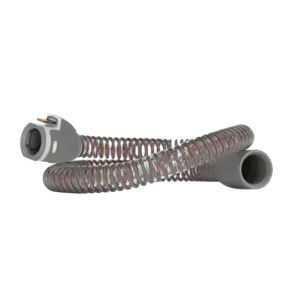

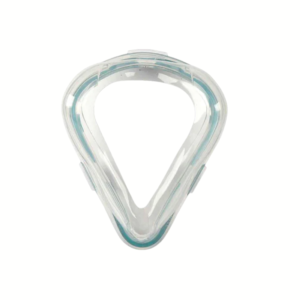




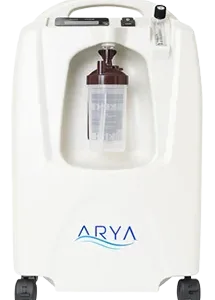
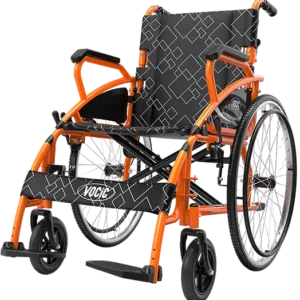
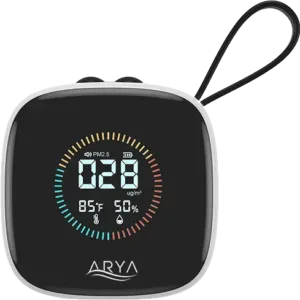

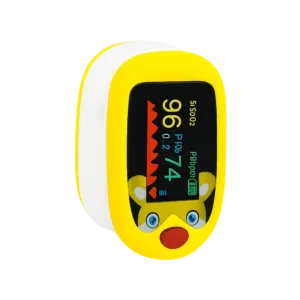
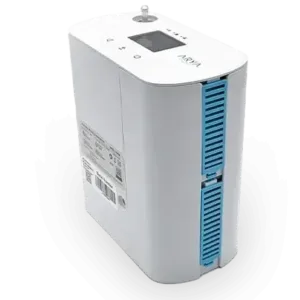






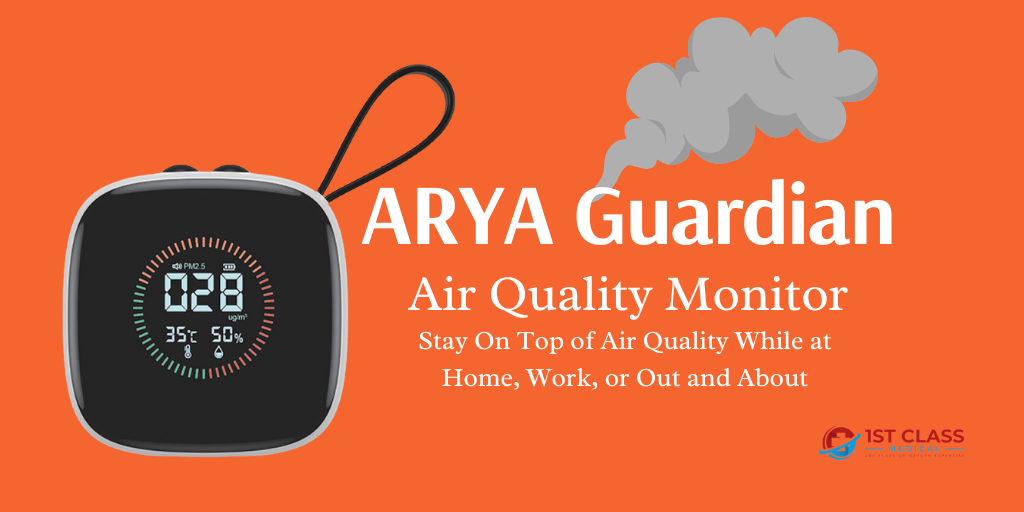





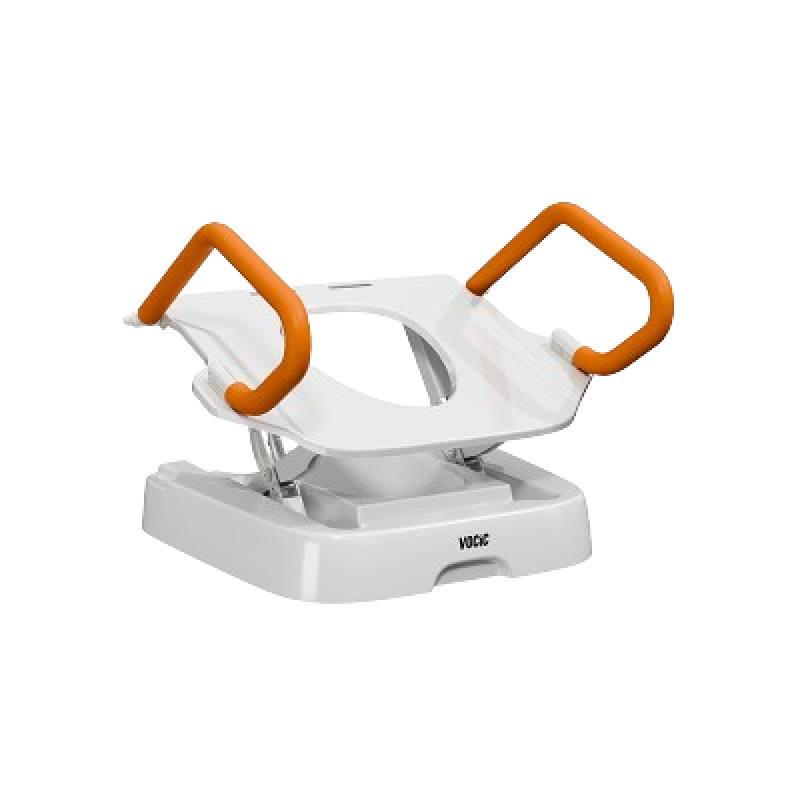
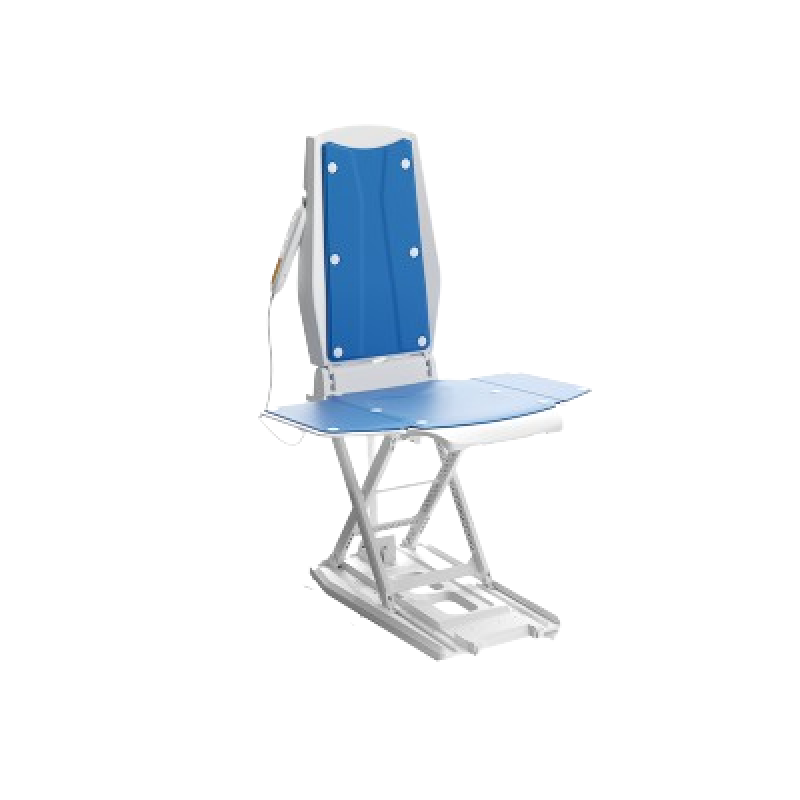
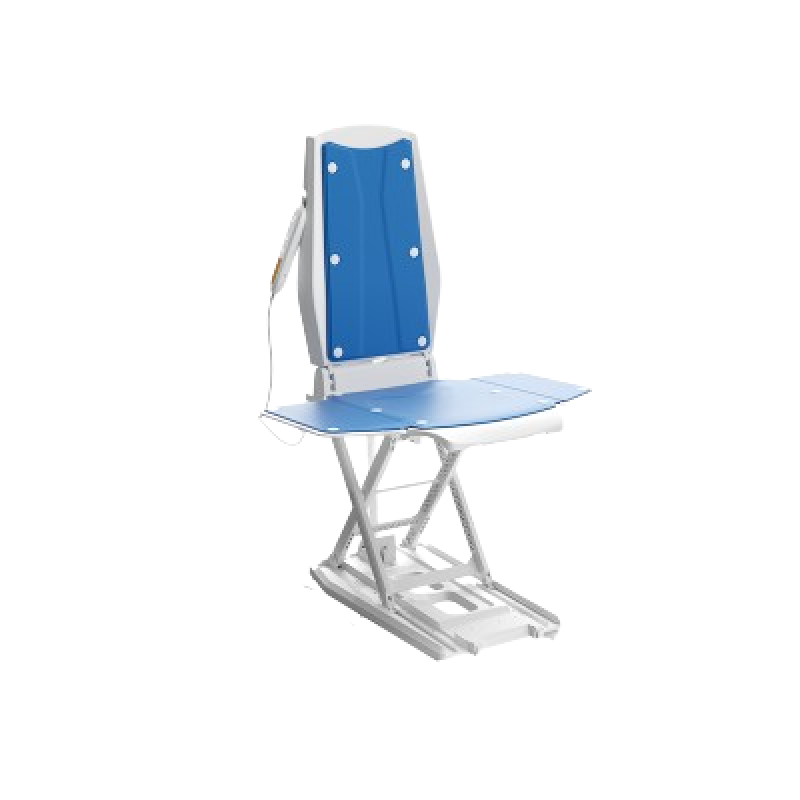
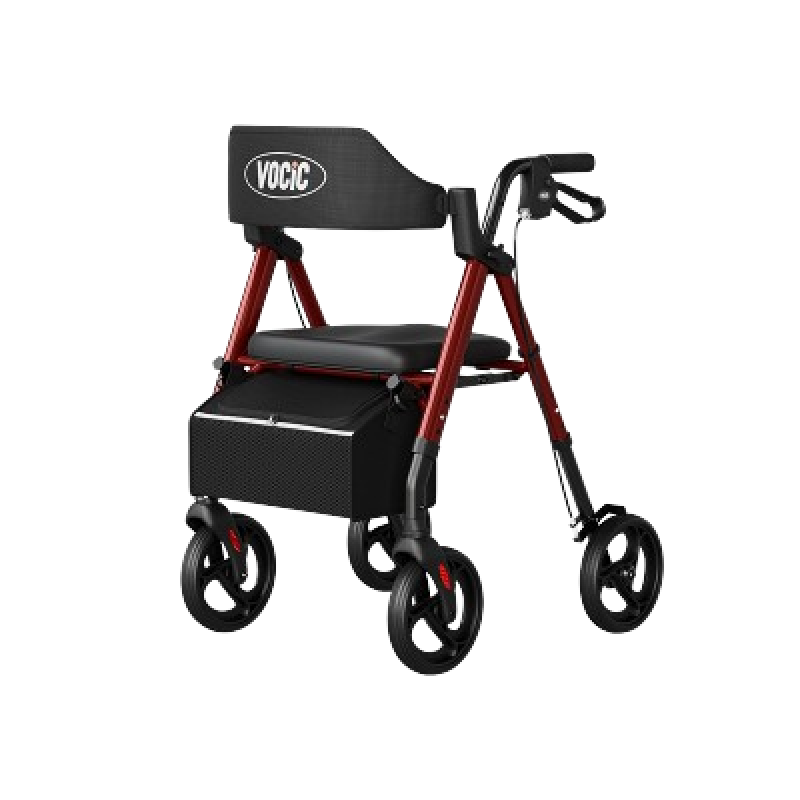
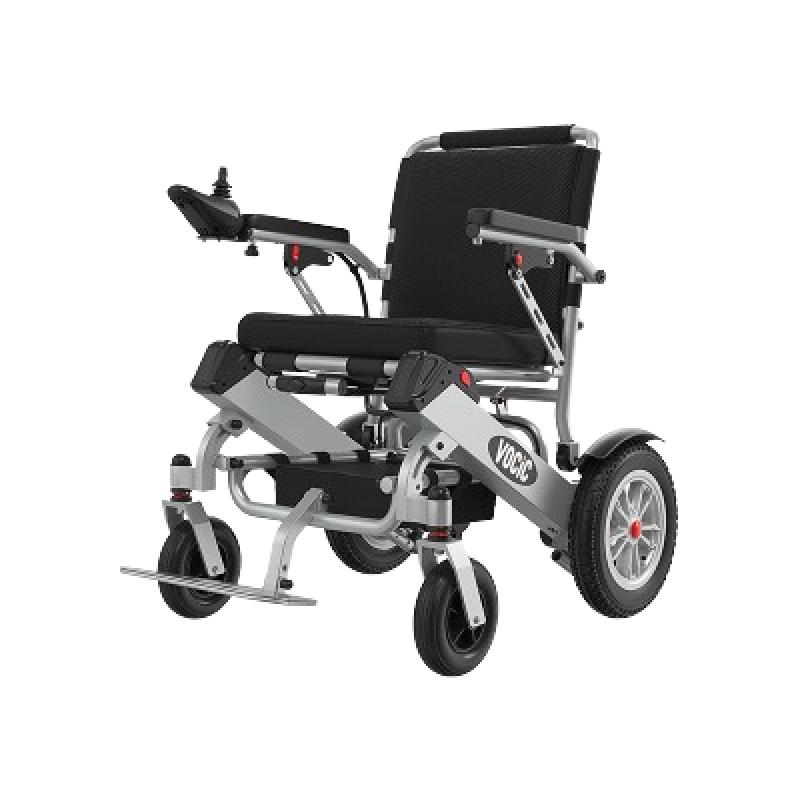


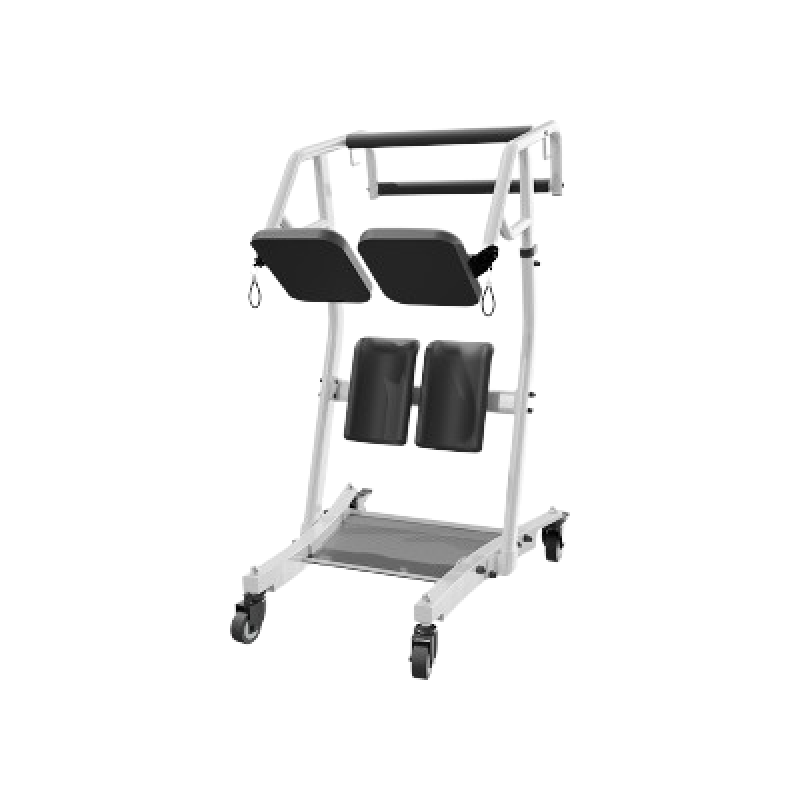
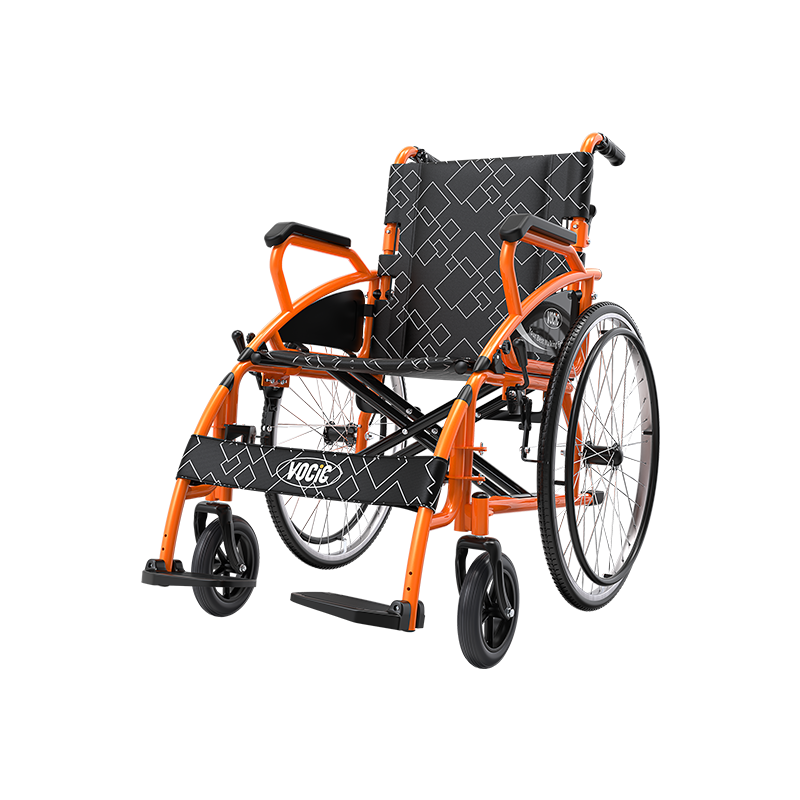

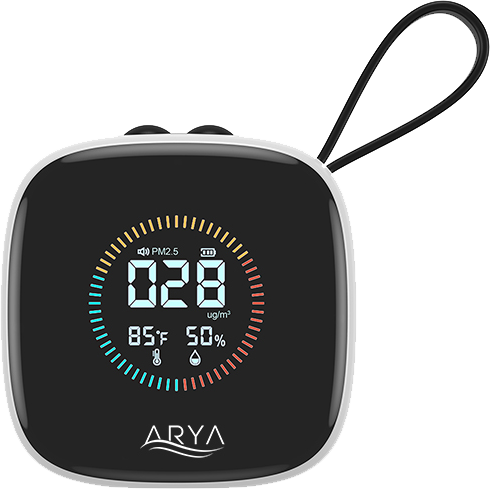
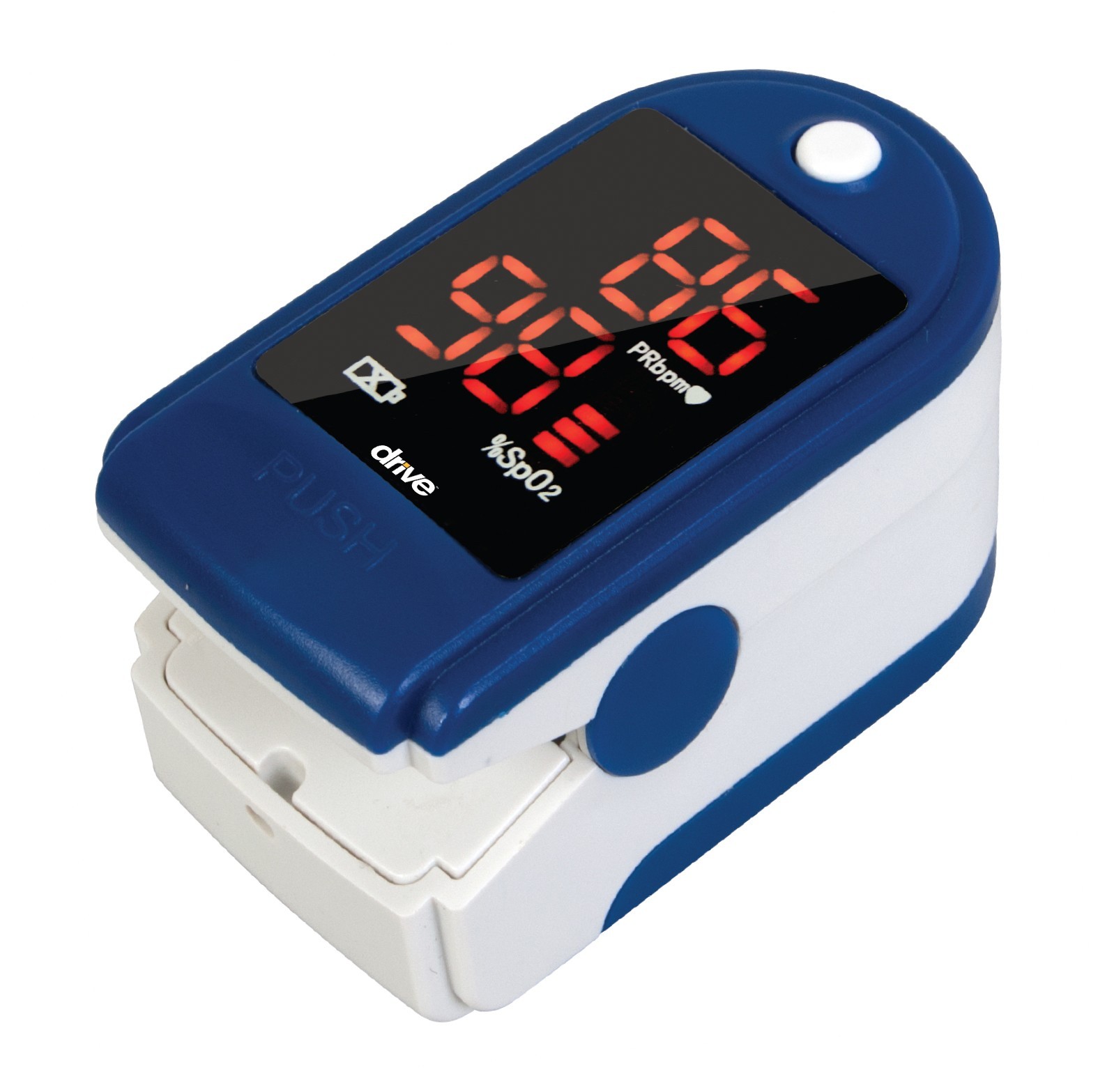

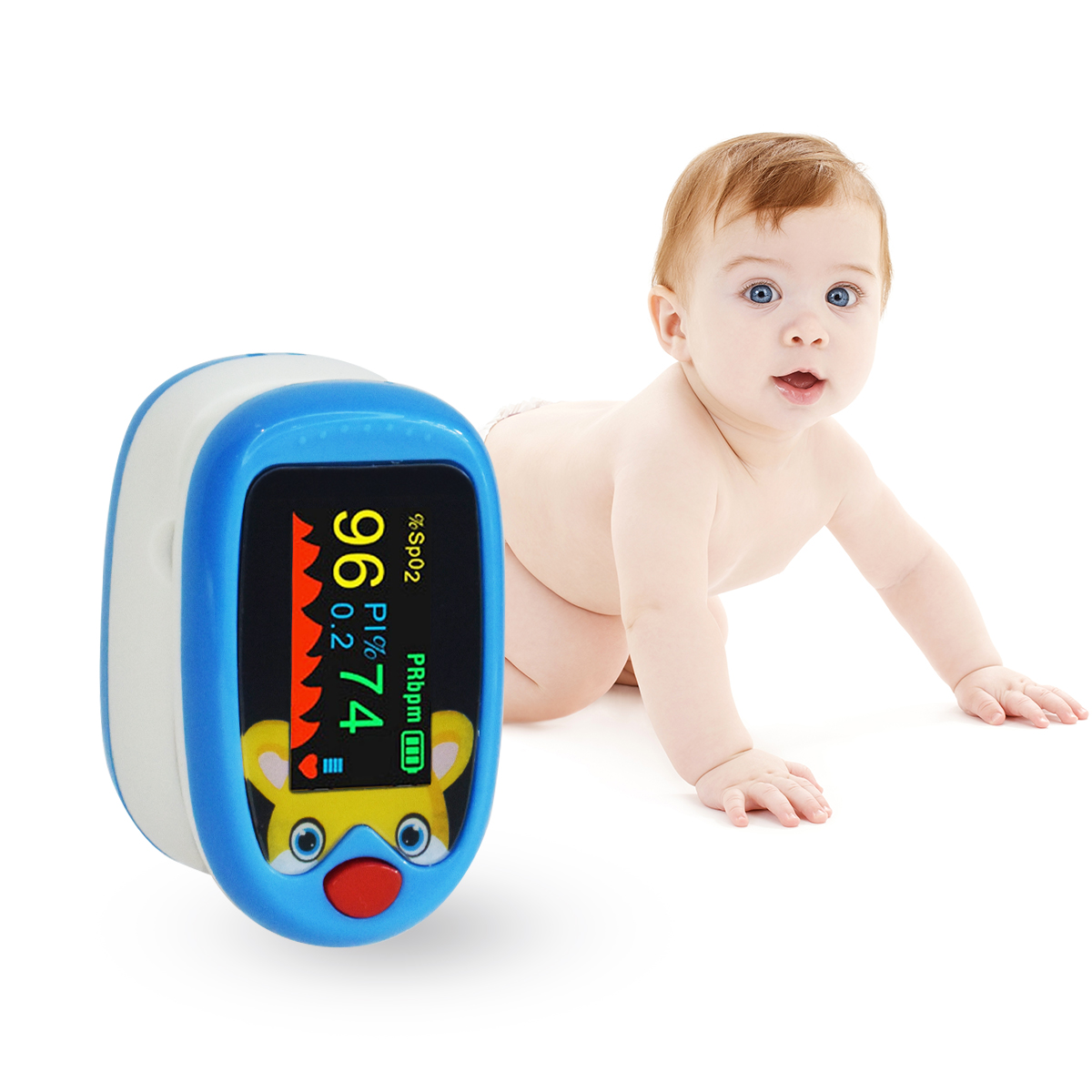
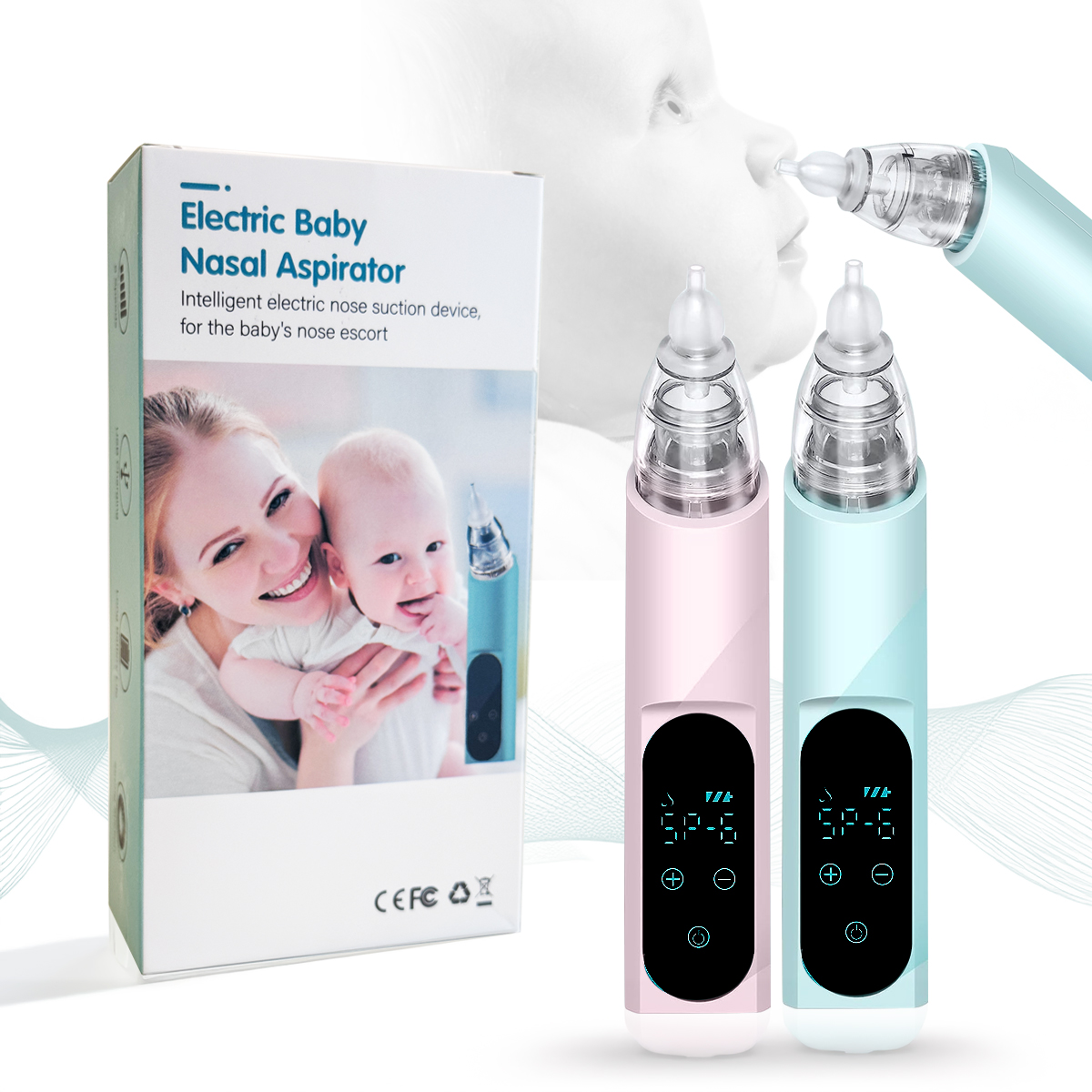
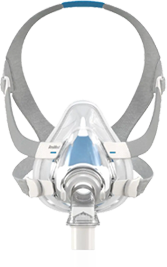
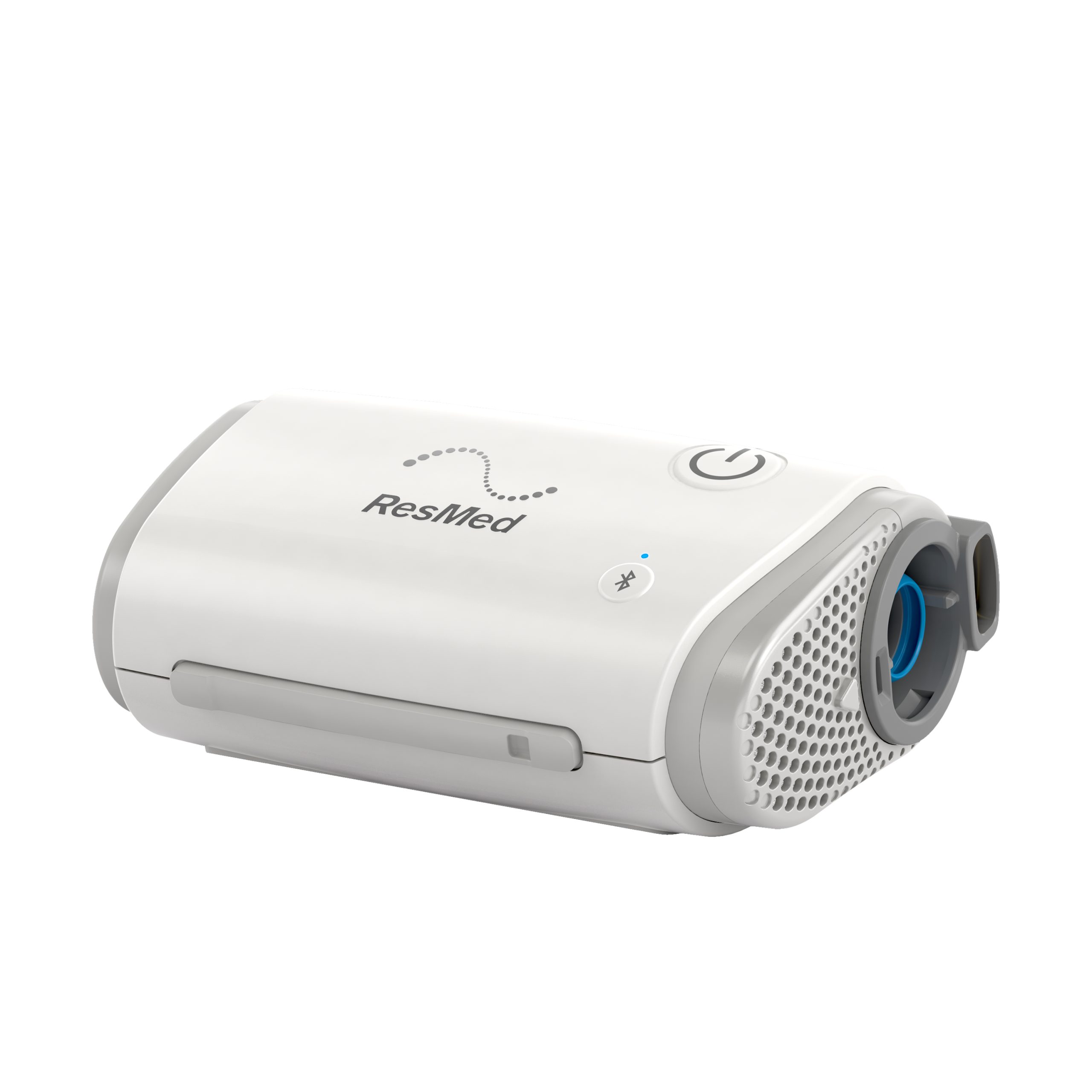
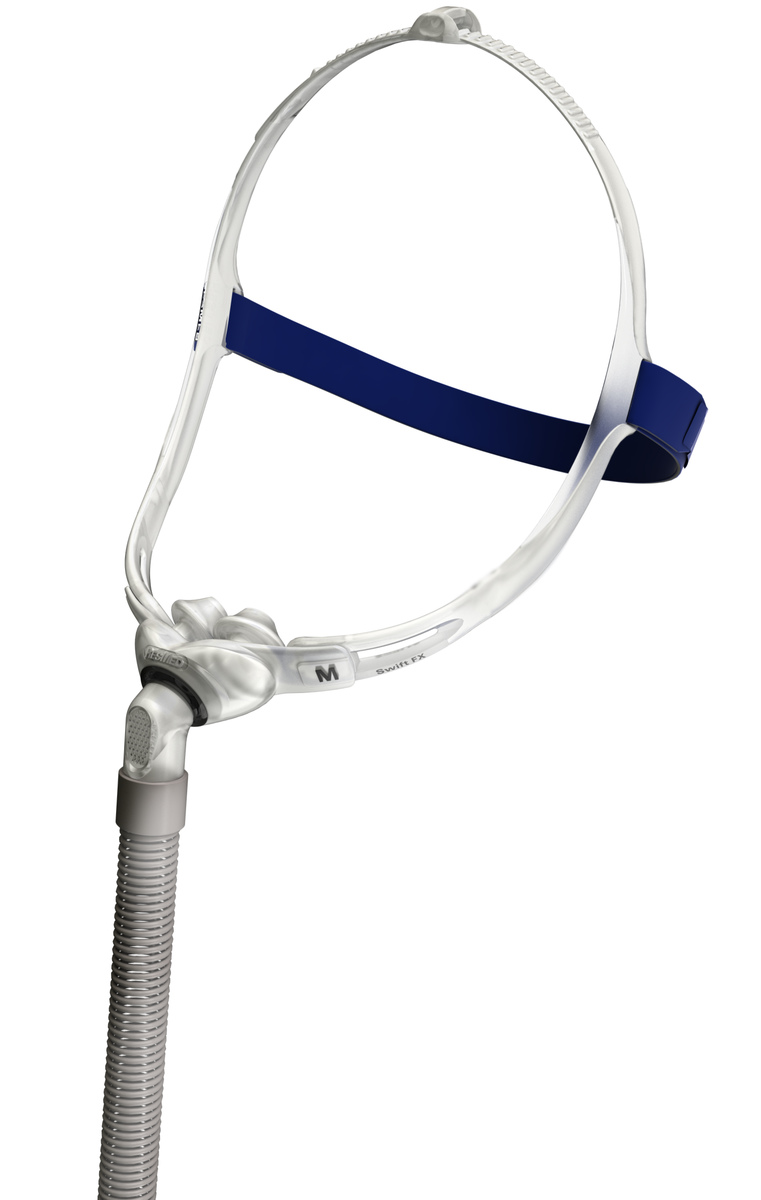
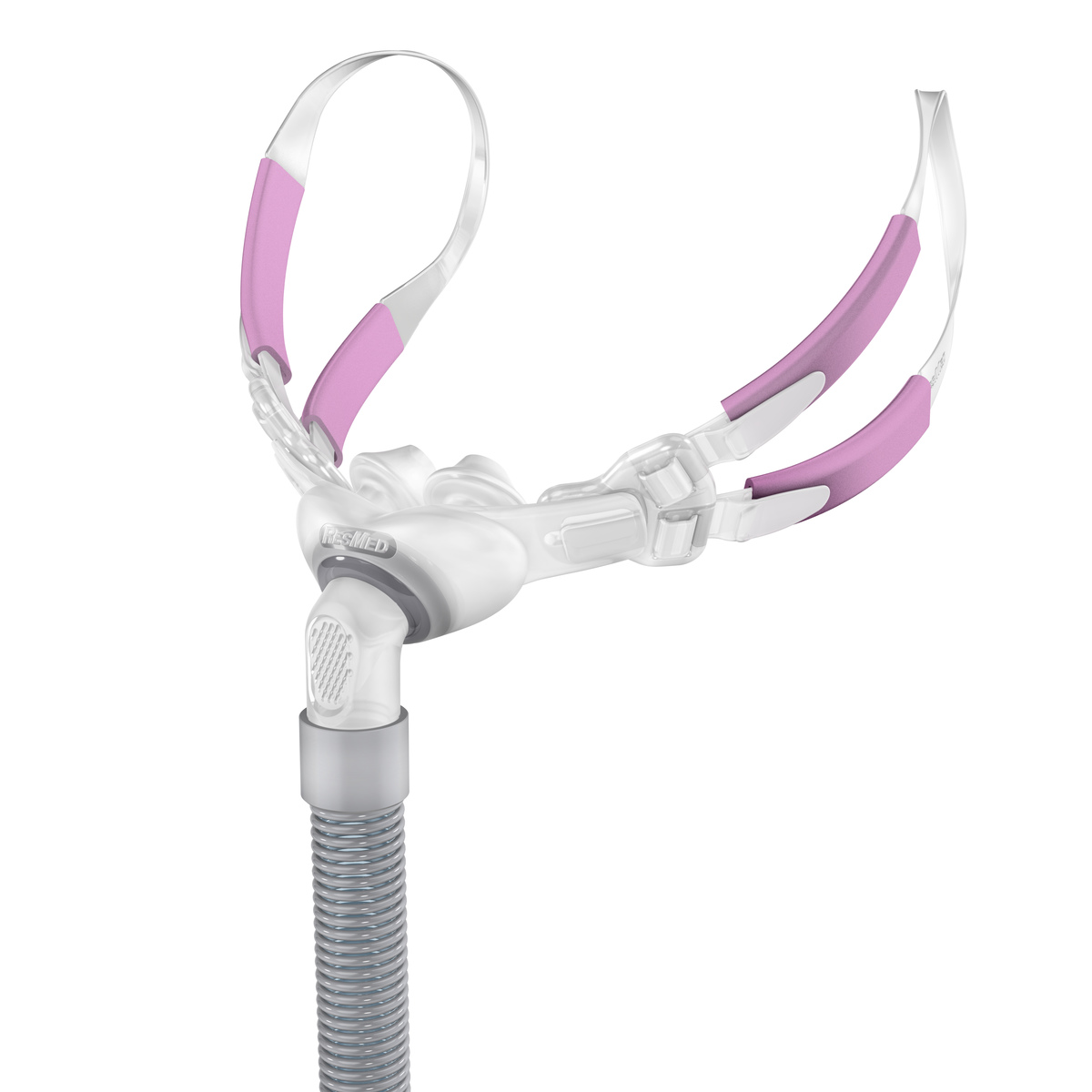
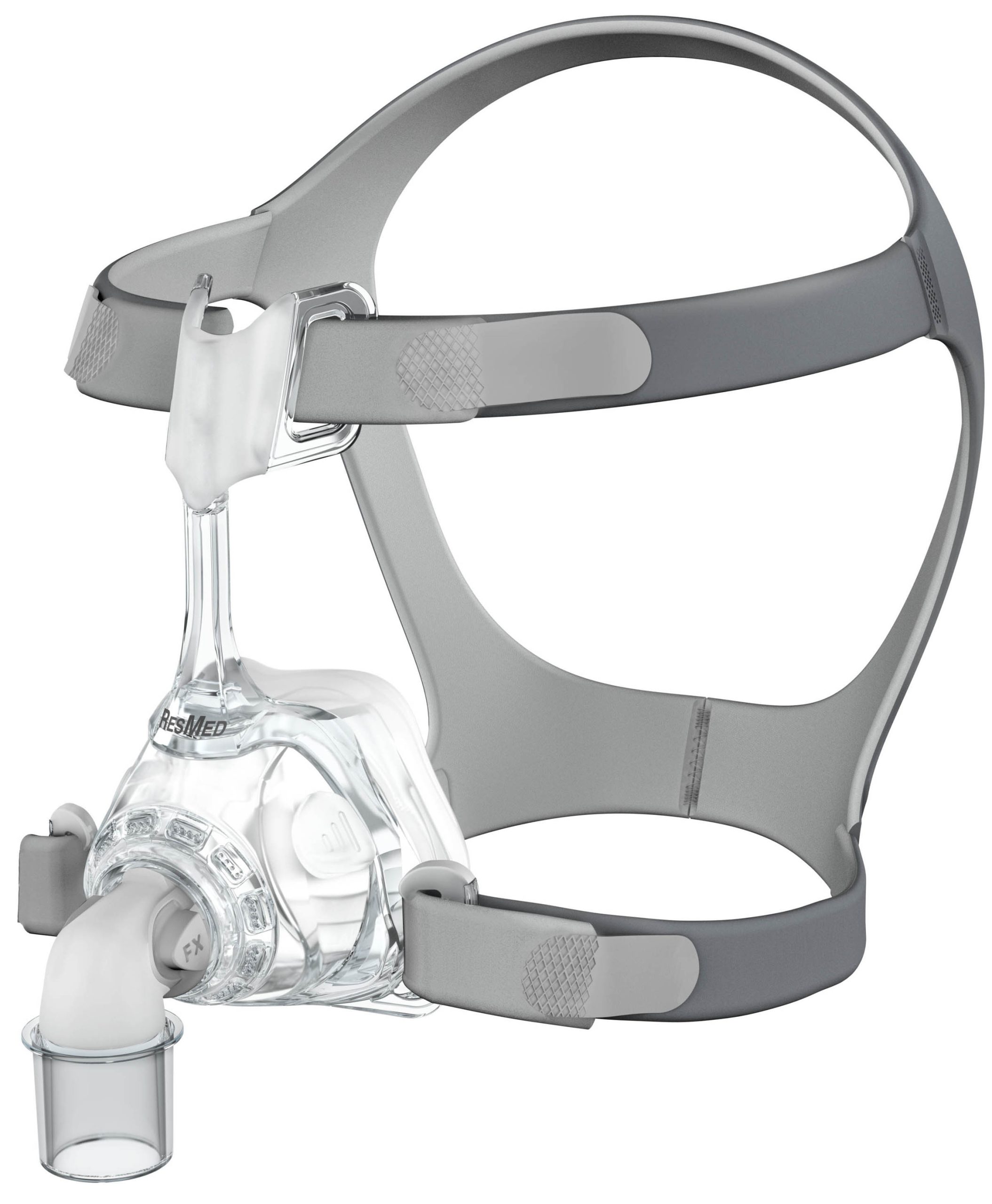
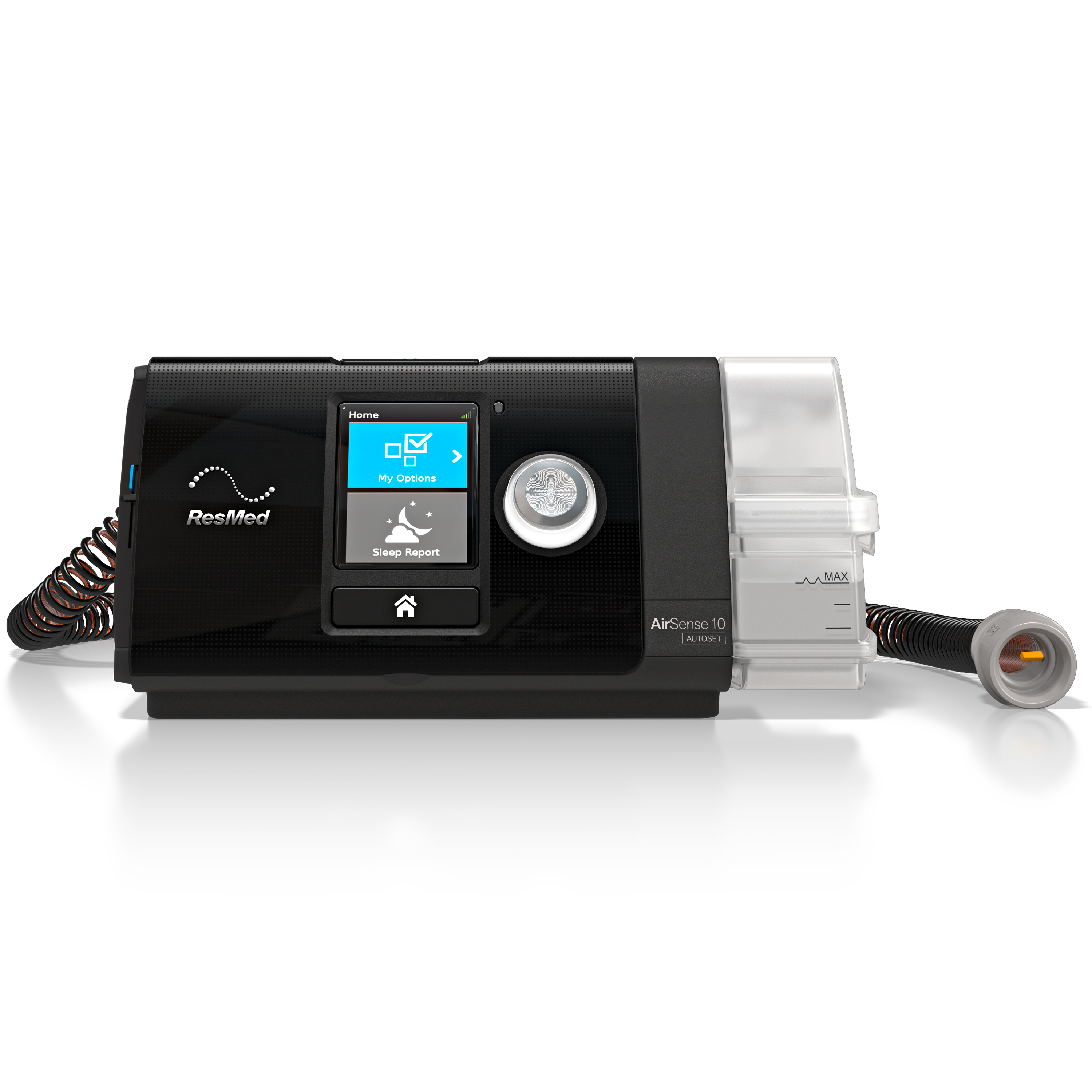


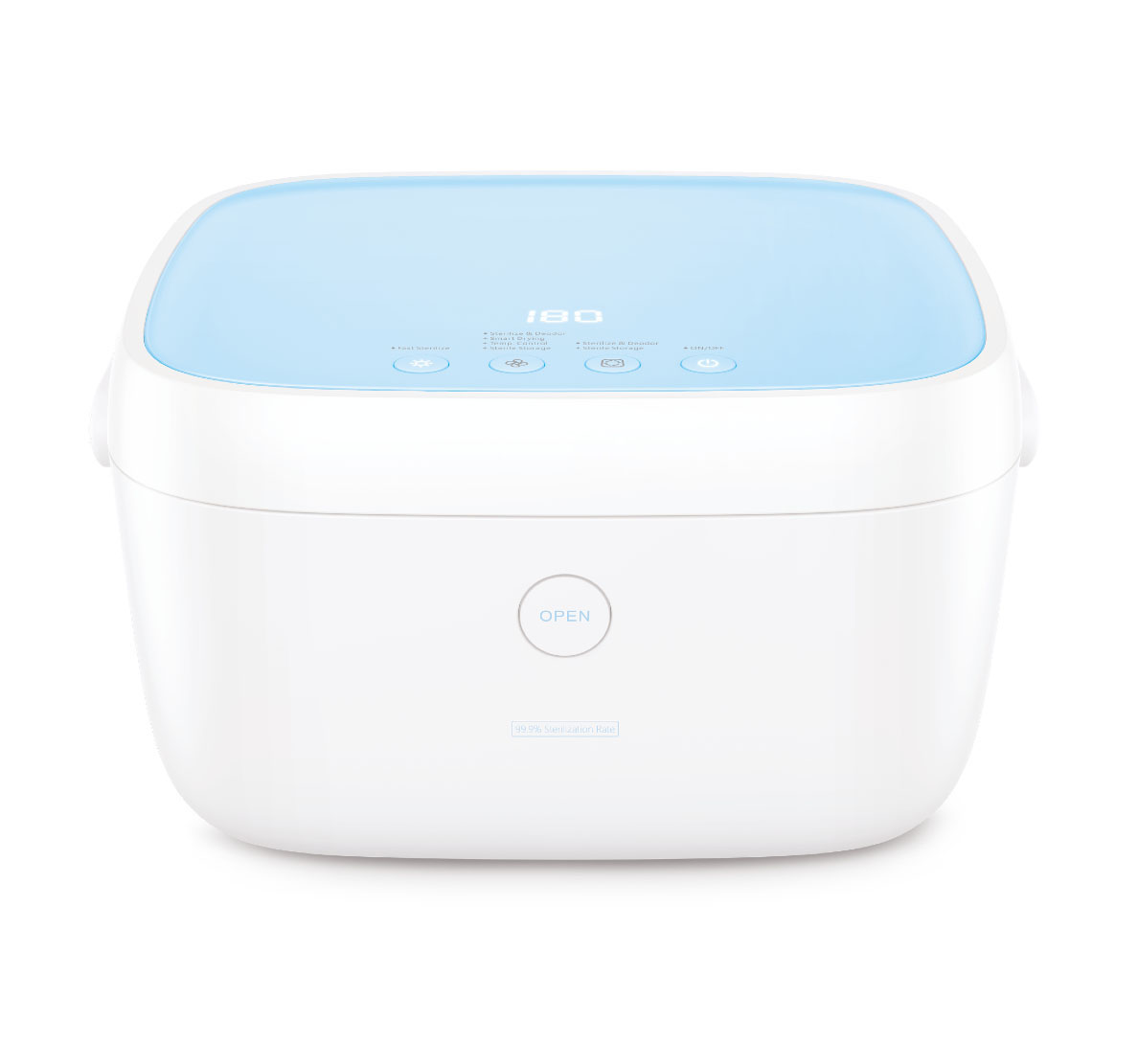
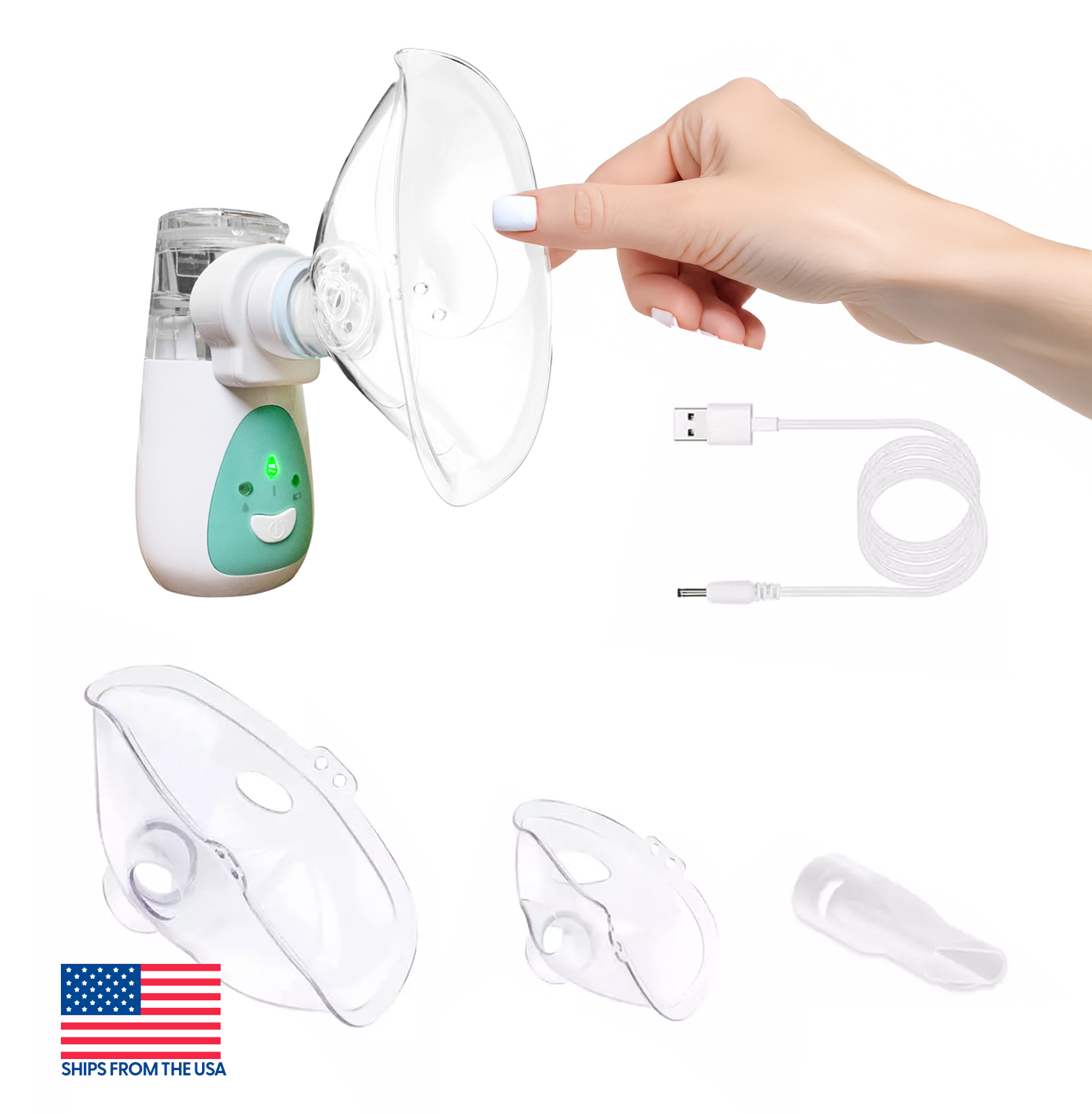


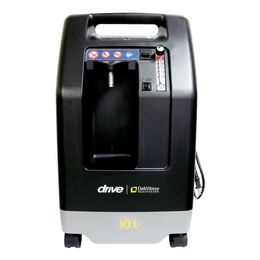

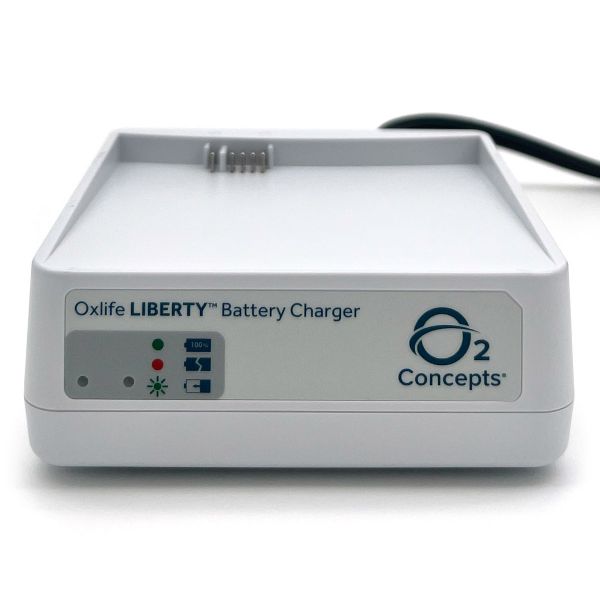
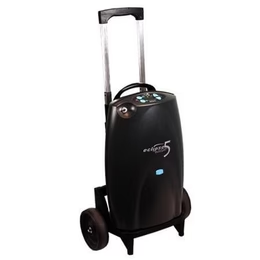

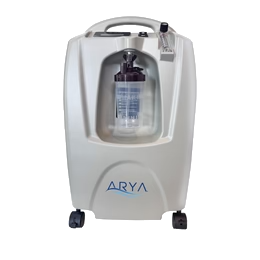
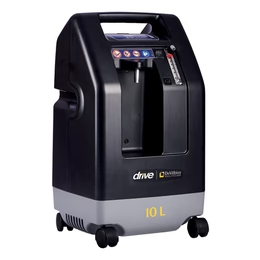
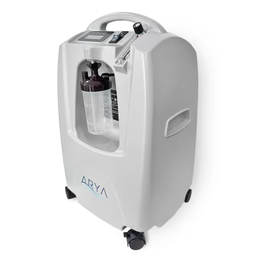


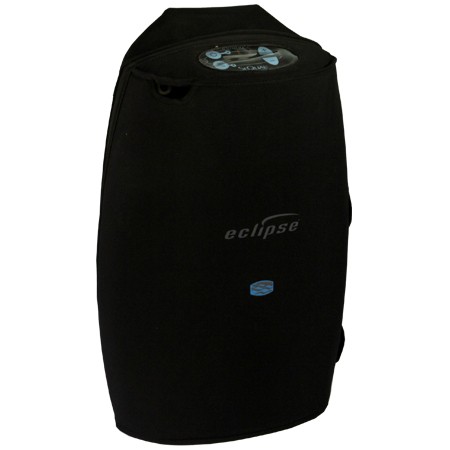
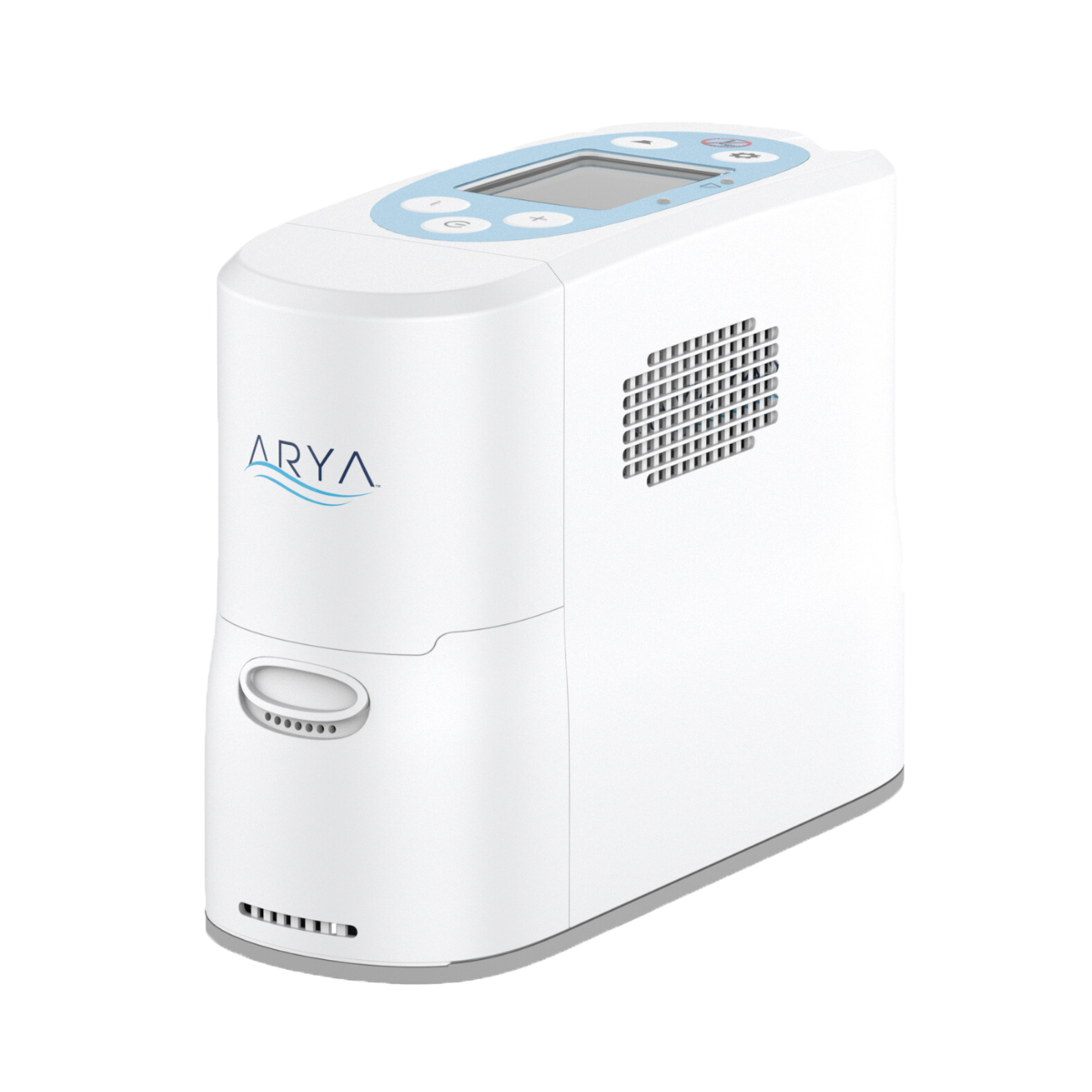
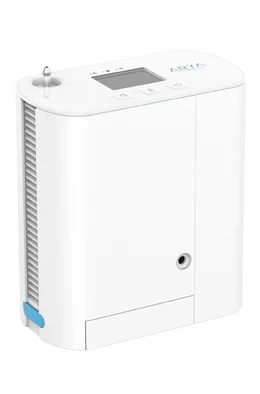
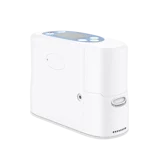

Comments are closed